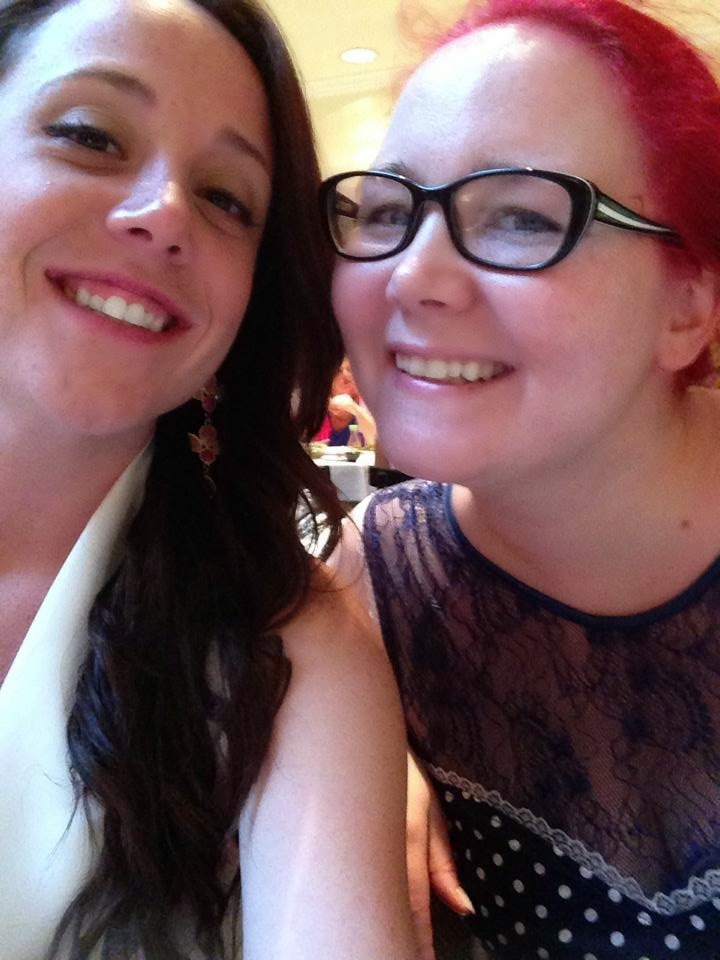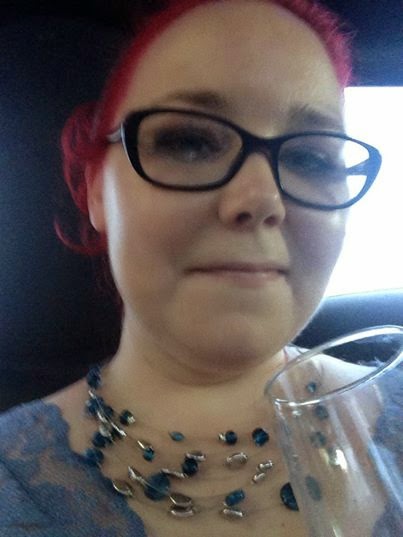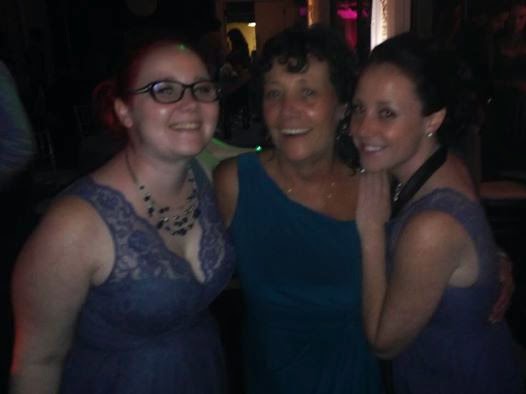In February of 2007, I went to a party my friend was having. While there, I started talking to a woman I didn’t know. She told me about having walked the Breast Cancer 3-Day, in which you fundraise to support breast cancer research, prevention and treatment, and then walk 60 miles over 3 days. I told her I could never do anything like that and ate some cheese and crackers.
Later on, I woke up in the middle of the night. While walking to the bathroom with my eyes closed, I realized that my ass was jiggling. I am laughing as I write this because it really did unfold like a movie shot – I realized my ass was so big that it had its own center of gravity and I immediately froze and opened my eyes, completely awake. I decided right then to do the Breast Cancer 3-Day, not because I am a good person who wanted to fundraise (although I later became passionate about this), but because I wanted to have an ass that didn’t shock me into wakefulness.
I did the training and lost a lot of weight. Like 40 lbs or something. I remember closing my medicine cabinet and looking into the mirror and realizing I didn’t have a double chin anymore. I got smaller and healthier and most of all, I felt stronger and more able. I got in shape. I walked 10-12 miles at a time in the sun and heat. I did everything I was supposed to.
The weekend of the Boston 3-Day was blistering, and so hot and humid that they almost called it off. I have since walked four other 3-Days, some in other cities, one other in Boston, and it was by the far the worst weather I encountered (including the massive freak rain storm in San Diego.) I put on sunblock and stretched and got walking. At the end of the first day, I couldn’t straighten out one of my legs and I was sore everywhere and caked with dirt. I didn’t think I would be able to walk the next day.
But the next morning, I woke up and my leg straightened. I was sore but I could walk. So I did. I walked slowly. I was one of the first to leave camp and the last to get back to camp that day. On the third day, the shortest and easiest, with milder weather, my feet were such a mess that I literally wrapped them in ace bandages and walked the last few miles in flip flops. They hurt so bad. But it seemed such a waste to not finishing after walking 55 miles in 3 days. So I did it. I did it really slowly, and it hurt, but I did it.
It is funny to think that this event, that I undertook to achieve a smaller ass, changed me as a person. My mind wants to smooth over the suffering and forget how hard it was, give the memory a glossy touch. But I never let it. My strength is in how far I have come. My strength is in still going even when it seems hopeless.
In December of 2009, when I was struggling to understand speech, one of my best friends grabbed my face and said very loudly, “I will learn ASL because I can’t not talk to you.” And so I kept going.
In the winter of 2011, when I was numb from the pain and stress and exhaustion, my doctor said, “I want you to see one more doctor, and I think he will know what’s wrong with you.” And so I kept going.
When I had a lengthy discussion with my doctor a couple of weeks ago about the virtues of chemo for the treatment of systemic mast cell disease, one of my best friends said, “Tell me when you’ll be at the hospital and I’ll come see you at the infusion center.” And so I kept going.
I have posted about my friend with ASM whose doctors told him he was out of treatment options. His doctors had applied for compassionate use of a clinical trial drug for him and it had been rejected, twice. I told him, “Your doctors are doing something wrong, you are the exact type of person who should be on this drug.” He told me it was over and he wasn’t going to get the drug. I told him not to stop. I told him to keep bothering them. I told him that I believed this could be fixed and that it would get sorted out.
Last week, he found out that the company approved him for compassionate use of this drug and he will start treatment next week. And so he can keep going.
I had no way of knowing that he would get the drug. I just thought there was a chance and sometimes that’s all you have to hold onto. Sometimes you just have to find anything that might work and bang on every door until someone gives you a chance to prove that it won’t. And maybe it won’t work. But at least he’ll get to find out.
My mind recoils when I think back to the months before I was diagnosed. I would never go back to that, and that means that I must have made progress. It was hard then. Every day was so hard. But I kept going, and I came all this way.
I don’t know how this is going to play out. I don’t know where I’ll end up.
But I know it’s not here.
So I keep going.


